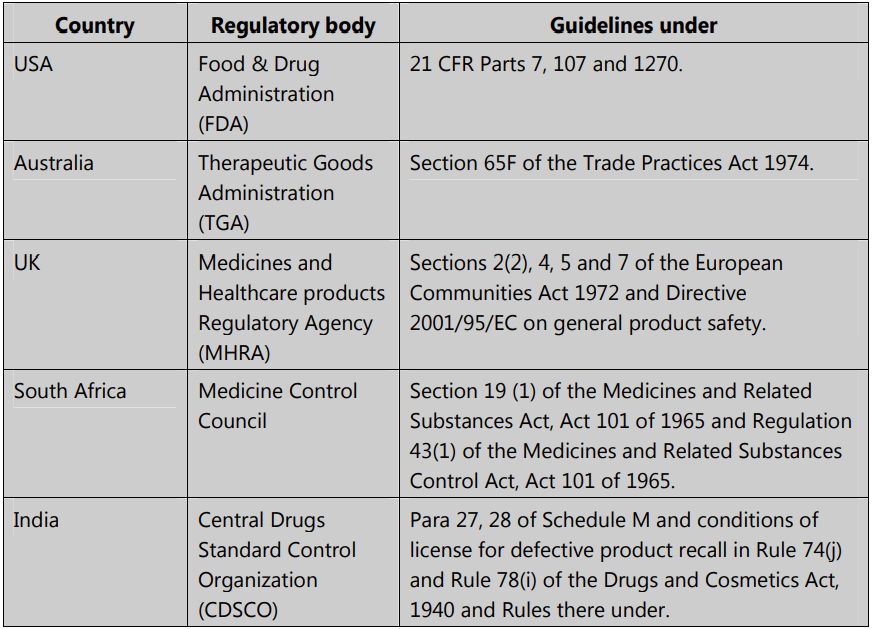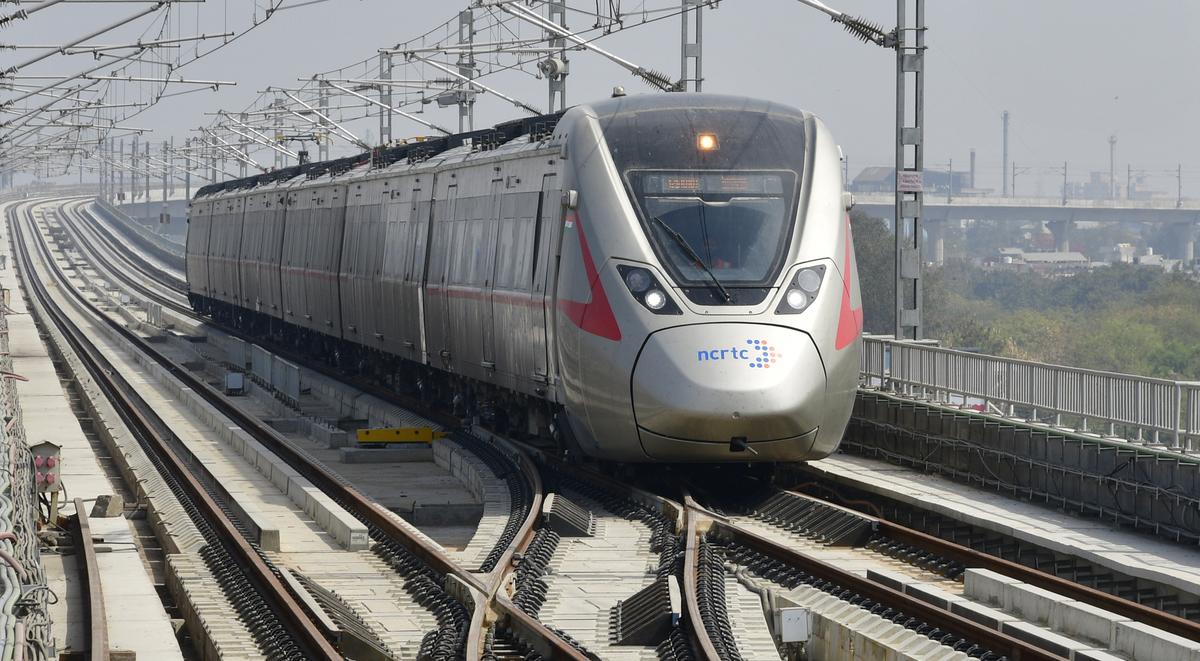- Courses
- GS Full Course 1 Year
- GS Full Course 2 Year
- GS Full Course 3 Year
- GS Full Course Till Selection
- Online Program
- GS Recorded Course
- NCERT (Recorded 500+ Hours)
- Polity Recorded Course
- Geography Recorded Course
- Economy Recorded Course
- AMAC Recorded Course
- Modern India, Post Independence & World History
- Environment Recoded Course
- Governance Recoded Course
- Science & Tech. Recoded Course
- International Relations and Internal Security Recorded Course
- Disaster Management Module Course
- Ethics Recoded Course
- Essay Recoded Course
- Current Affairs Recoded Course
- CSAT
- 5 LAYERED ARJUNA Mentorship
- Public Administration Optional
- ABOUT US
- OUR TOPPERS
- TEST SERIES
- FREE STUDY MATERIAL
- VIDEOS
- CONTACT US
Drug Recall
Drug Recall


Latest Context
Recently, a Mislabeled batch of Drugs was accidentally shipped to the market by a pharmaceutical company that highlights the problem of circulating substandard drugs in the market and the need for a Drug Recall Law in India. These kinds of recalls take place regularly in the U.S., including by Indian companies. It does not happen in India.
Drug Recall
A drug recall occurs when a prescription or over-the-counter (Refers to the drug that can be bought without a prescription from a doctor) drug is removed from the market because of its harmful or side effects. Drug Recall is a process of removing or correcting a marketed drug product that violates the laws and regulations governing the safety, efficacy, or quality of a drug. When a product is found to be defective, contaminated, or mislabeled which could pose a risk to the health and safety of patients, drug recalls are issued. The objective of a drug recall is to protect the public from harm by removing the affected product from the market and providing a remedy or refund for consumers who have already purchased the product.
Requirement for Drug Recall in India
- Absence of Appropriate Law: Currently, India lacks the appropriate law necessary to withdraw the entire batch of substandard drugs from the market. The current situation is that only State Drug Regulators can order a withdrawal of a particular batch from their state. But India is a large market and it can be happened that the same batch is dispersed across multiple states. In such a case, there needs to be a central drug regulator who can execute and coordinate national recall. Despite flagging this as a major issue in 1976, India does not have a national law on recalling drugs.
- Lack of Proper System: There is no proper system to effectively execute the actual withdrawal batches of drugs from across India. Therefore, it is very important for India to have a National Drug Recall Law to guarantee that once a drug is known to be Not of Standard Quality (NSQ), the entire batch is withdrawn from the market.
Figure: Drug Recall Regulatory Framework of Other Countries

Reasons for India not to have Regulatory Infrastructure for Substandard Drugs
- Lack of Interest: It seems that government does not have any interest to have such law and more importantly there is no such kind of demand from civil society to reform the pharmaceutical industry. The government is more investing in the growth of the pharmaceutical industry without paying attention to having such law necessary for public health perhaps due to having the perception that strict regulation will slow the growth of this industry.
- Neutrality and lack of Expertise: The Drug Regulation Sector of the government is not up to the mark to tackle the complex drug regulatory issue. due to the many factors like lack of interest/concerns, expertise, and most importantly lack of enthusiasm in protecting public health.
- Preference to Decentralized Regulatory Framework: State Drug Regulators and the pharmaceutical industry both prefer decentralization of regulatory powers by having the fear that the incompetency of a central drug regulator in one state could affect the health of patients in other states whose citizens cannot enforce the accountability due to not having the influence or electoral power.
- Fragmented Regulatory Structure: Since each state has its own drug regulator therefore India has a highly fragmented regulatory structure. There is no coordination among the regulators of the different states. It leads to an absence of a regulatory framework that could control the issue of substandard drugs by any state which enters the other state.
Consequences of Delaying in Framing any Such Law
- Illness: It can have serious consequences for consumers including illness and even death when substandard drugs are not promptly recalled from the market,
- Loss of Public Trust in the Healthcare System: The process of drug recall is often slow and ineffective in India which could lead to a dangerous situation for the public. It could indicate a lack of accountability and responsibility towards the health and safety of the people, If the government does not take swift action to recall substandard drugs,
Regulation of Drugs in India
- Central Drugs Standard Control Organization (CDSCO): It regulates the market authorization of new drugs and clinical trials standards in addition to prescribing standards and measures for ensuring the safety, efficacy and quality of drugs, cosmetics, diagnostics and devices in the country.
- The Drugs and Cosmetics Act: The Drugs and Cosmetics Act of 1940 provides the regulatory guidelines for issuing licenses to manufacture Ayurvedic, Siddha, and Unani medicines. This Act and Rules 1945 have entrusted various responsibilities to central and state regulators for the regulation of drugs and cosmetics.
- Drugs Controller General of India (DCGI): The DCGI is the head of the department of the CDSCO of the Government of India. It sets standards for the manufacturing, sales, import, and distribution of drugs in India. In addition, it is responsible for the approval of licenses for specified categories of drugs such as blood and blood products, IV fluids, vaccines and sera in India.
Way Forward
The most important step in this regard is that Civil Society should play a very effective and crucial role in raising the demand for reform in the pharmaceutical sector. The present situation is that civil society even does not accept this issue as a problem Moreover, the responsibility of recalling drugs has to be centralized to create an effective recall mechanism with one authority having the legal power to hold companies liable for failures to recall drugs from across the country in addition to searching and seizing the batches of failed medicine.


